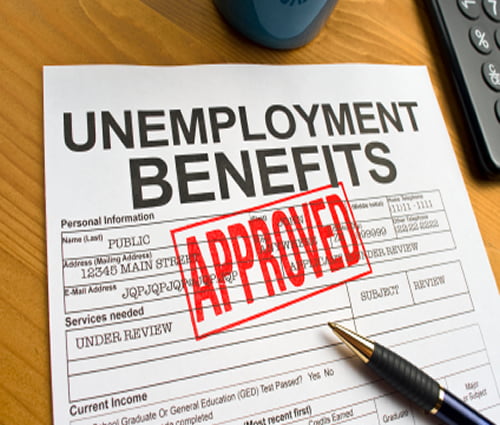You’ve heard about benefit fraud, and the impact that it has on the country’s financial state. You may even have felt angry that fraudsters are taking money from those that genuinely need it. Some are getting money for sitting at home, even though they’re capable of working. But do you know the impact that benefit fraud has, and what can be done about it?
The Cost of Benefit Fraud
It’s thought that benefit fraud costs the government £1.1 billion per year. Benefit fraudsters may have provided false information, or may have forgotten to update their details after a life change.
Action Without Court
If a fraudster is caught, they can be fined up to £5,000 without going through a court case. Their benefits may be reduced or stopped, and they’ll be asked to pay back any money that has been overpaid.
Benefits may be stopped for up to three years, if someone is found to have committed benefit fraud.
Seeking Out The Fraudsters
There are many people employed to investigate fraud. According to the Department for Work & Pensions, there were 1,005 people employed full-time for Housing Benefit fraud investigation in September 2014 [please see: This PDF document].
How Are Fraudsters Found Out?
The Department for Work & Pensions has fraud task forces that target specific areas. They work closely with HMRC and local authorities, as well as banks and credit reference agencies, to try and catch benefit cheats out. They may also use hidden cameras and undercover mobile surveillance units, including private investigators, to monitor benefit claimants.

